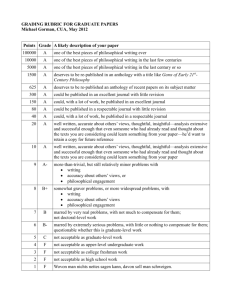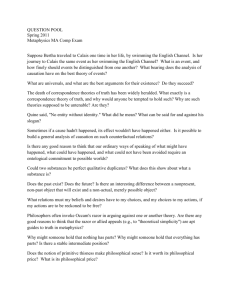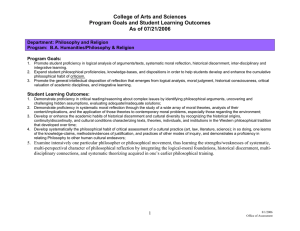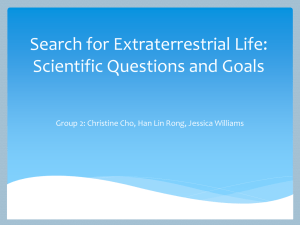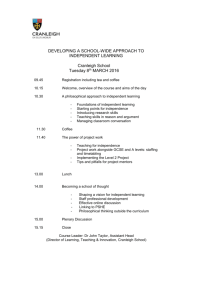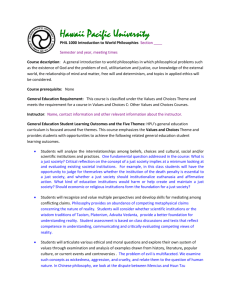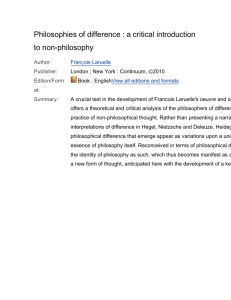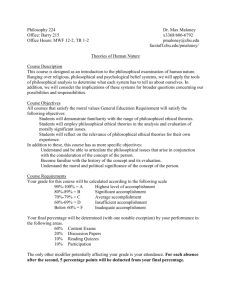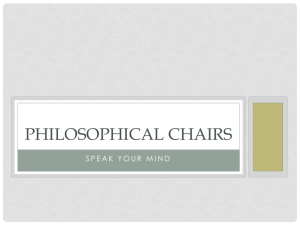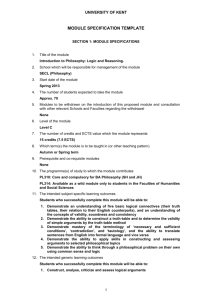The Philosophical Approach There are two levels that concern the
advertisement
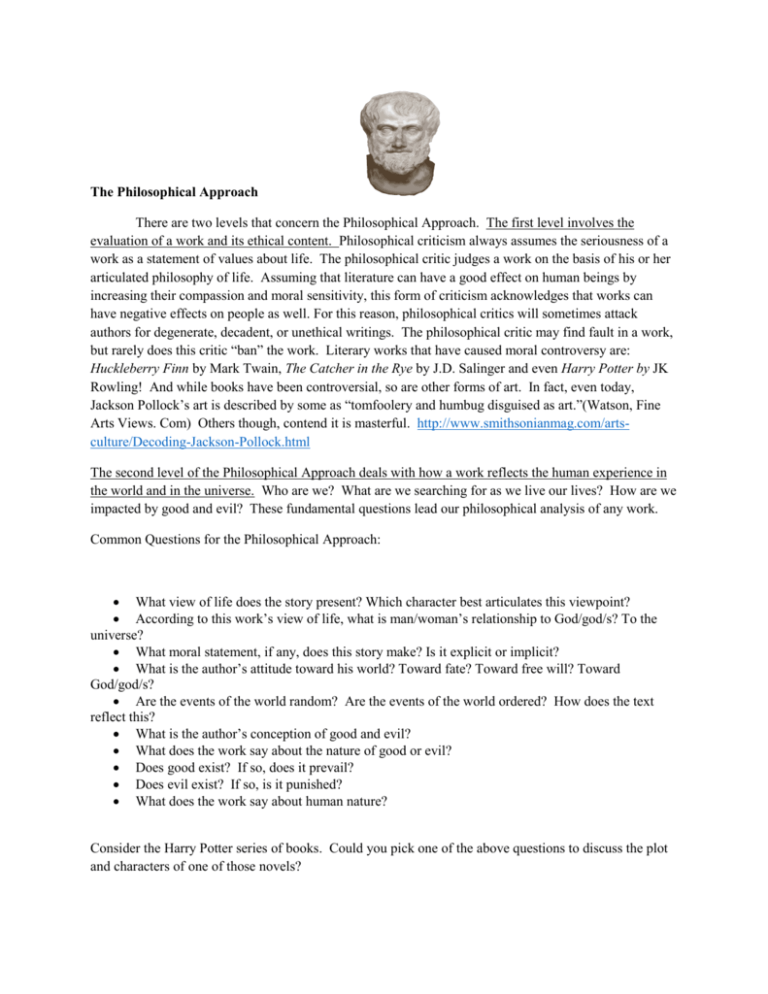
The Philosophical Approach There are two levels that concern the Philosophical Approach. The first level involves the evaluation of a work and its ethical content. Philosophical criticism always assumes the seriousness of a work as a statement of values about life. The philosophical critic judges a work on the basis of his or her articulated philosophy of life. Assuming that literature can have a good effect on human beings by increasing their compassion and moral sensitivity, this form of criticism acknowledges that works can have negative effects on people as well. For this reason, philosophical critics will sometimes attack authors for degenerate, decadent, or unethical writings. The philosophical critic may find fault in a work, but rarely does this critic “ban” the work. Literary works that have caused moral controversy are: Huckleberry Finn by Mark Twain, The Catcher in the Rye by J.D. Salinger and even Harry Potter by JK Rowling! And while books have been controversial, so are other forms of art. In fact, even today, Jackson Pollock’s art is described by some as “tomfoolery and humbug disguised as art.”(Watson, Fine Arts Views. Com) Others though, contend it is masterful. http://www.smithsonianmag.com/artsculture/Decoding-Jackson-Pollock.html The second level of the Philosophical Approach deals with how a work reflects the human experience in the world and in the universe. Who are we? What are we searching for as we live our lives? How are we impacted by good and evil? These fundamental questions lead our philosophical analysis of any work. Common Questions for the Philosophical Approach: What view of life does the story present? Which character best articulates this viewpoint? According to this work’s view of life, what is man/woman’s relationship to God/god/s? To the universe? What moral statement, if any, does this story make? Is it explicit or implicit? What is the author’s attitude toward his world? Toward fate? Toward free will? Toward God/god/s? Are the events of the world random? Are the events of the world ordered? How does the text reflect this? What is the author’s conception of good and evil? What does the work say about the nature of good or evil? Does good exist? If so, does it prevail? Does evil exist? If so, is it punished? What does the work say about human nature? Consider the Harry Potter series of books. Could you pick one of the above questions to discuss the plot and characters of one of those novels?


